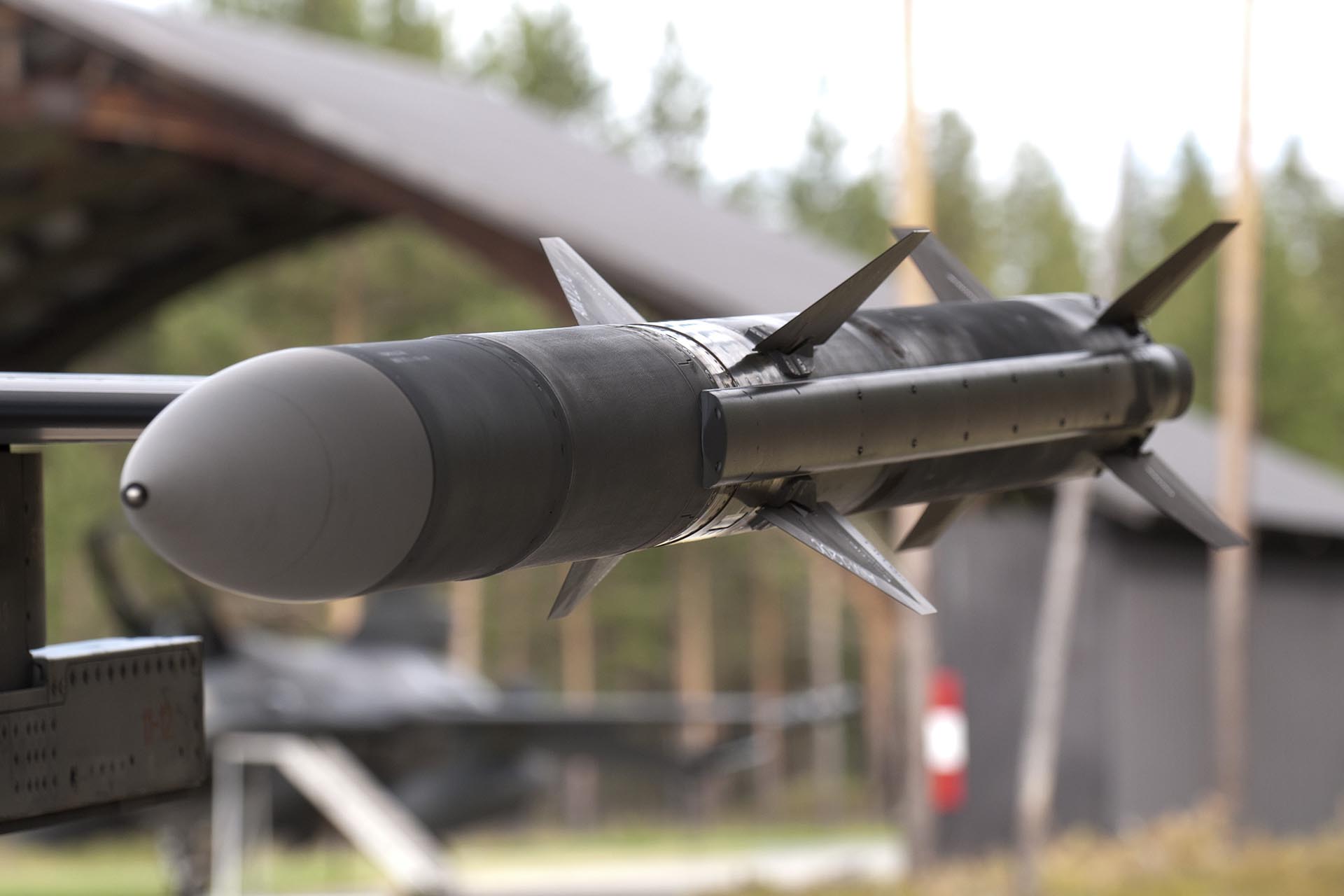World Events, Budget Delays Test Nation’s Resolve
2/27/2024
iStock illustration
With so much conflict in the world, it has not been the best start to the new year. In the last year, the People’s Republic of China conducted unsafe, unprofessional and dangerous maneuvers against U.S. military aircraft and repeatedly sent fighter jets and warships into the Taiwan Strait.
We are two years into watching Russia’s vicious and illegal invasion of its sovereign neighbor Ukraine. Last year, we experienced Israel’s horror of the sadistic slaying of its population at the hands of terrorists.
This year brought the Houthis directly attacking commercial shipping and menacing regional stability. And heartbreakingly, we have lost too many U.S. service personnel in recent months, including from a drone attack at the end of January that claimed the lives of three U.S. soldiers and wounded more than 30 other service members. Our thoughts are with their families and friends and may they rest in Heaven’s peace.
Throughout the world, malign forces are testing U.S. resolve.
Meanwhile in Washington, the appropriations process has been stalled since the new fiscal year began on Oct. 1. Congress has passed three continuing resolutions, the latest of which keeps the Defense Department funded at fiscal year 2023 levels through March 8.
While the department’s topline of $886.3 billion was agreed to under the Fiscal Responsibility Act last summer and authorized by the fiscal year 2024 National Defense Authorization Act, which was signed into law in December, it is not clear if the House and Senate will be able to agree on completion of the 2024 defense appropriations bill by the March deadline, or deliver that vitally needed topline amount to the nation’s warfighters.
The current impasse has raised serious concerns that the department may operate under a full-year continuing resolution, which has never happened before.
According to a bipartisan assessment by the Senate Appropriations Committee, under a full-year CR the department would lose $26.6 billion, or 3 percent, from the topline agreed to last summer.
In addition, the Fiscal Responsibility Act’s Section 102 stipulated that unless all 12 appropriations bills were signed into law by Jan. 1, 2024, all federal departments and agencies would face a 1 percent sequester. This sequester has been triggered, and lawmakers have until April 30 to pass full-year appropriations to avoid this 1 percent cut.
According to the congressional appropriators, the current state of the appropriations process could result in an overall cut of $36.6 billion, or 4.1 percent, to the department’s topline agreed to under the act. Directly speaking, the department could potentially lose $36.6 billion if Congress does not complete its work.
In addition, in October the administration asked Congress to approve $106 billion in supplemental funding to provide direct support to Ukraine and Israel and to provide support for military requirements in the Indo-Pacific theater.
Most of the supplemental request is for Ukraine, for which the administration requested $61.4 billion for equipment, replenishing U.S. stockpiles, supporting U.S. military intelligence and providing economic and humanitarian aid.
The Biden administration also requested $14.3 billion for Israel, of which the majority of the request was for air and missile defense procurement and replenishing U.S. stockpiles.
The supplemental also included $3.4 billion for the U.S. submarine industrial base to help industry meet the pressurized schedules for keeping construction of the Virginia-class attack submarines and the Columbia-class ballistic missile submarines on schedule.
The threats are not waiting, and neither is the National Defense Industrial Association. In March, NDIA is focused on bringing government and industry together on some of the most consequential issues facing the Pentagon and the U.S. defense industrial base.
The month starts with the 2024 Pacific Operational Science and Technology (POST) Conference, hosted in conjunction with U.S. Indo-Pacific Command, March 4-7 at the Hawaii Convention Center in Honolulu, Hawaii. The conference focuses on joint research, development and experimentation, and we are honored to have Heidi Shyu, undersecretary of defense for research and engineering, deliver a keynote address.
The remaining days are full of opportunity with technical panels, invitation-only breakout sessions, classified sessions with the combatant command’s military service components and field experimentations.
Later in the month, NDIA is excited to host the 2024 Undersea Warfare Spring Conference, which will take place March 18-20 in San Diego, California.
The conference includes presentations by U.S. Pacific Fleet’s Submarine Forces commander and Naval Surface Forces deputy commander, as well as sessions by the program executive officers for undersea warfare systems and for unmanned and small combatants.
In addition, the 2024 Munitions Executive Summit has a terrific program lined up for March 19-20 in Parsippany, New Jersey.
The summit includes requirements, acquisition and contracting panels, as well as a keynote by James Smith, former acquisition executive for Special Operations Command.
We truly hope you will join us for these incredibly timely and relevant conferences.
The next few months will test the nation’s resolve — both at home and abroad. It has never been more important for people who care about our nation’s security — people like you — to commit to getting involved. There is so much work to be done. Please join us. ND
Michael Bayer is NDIA board chair and president and CEO of Dumbarton Strategies.
Topics: Global Defense Market




















Discussion about this post